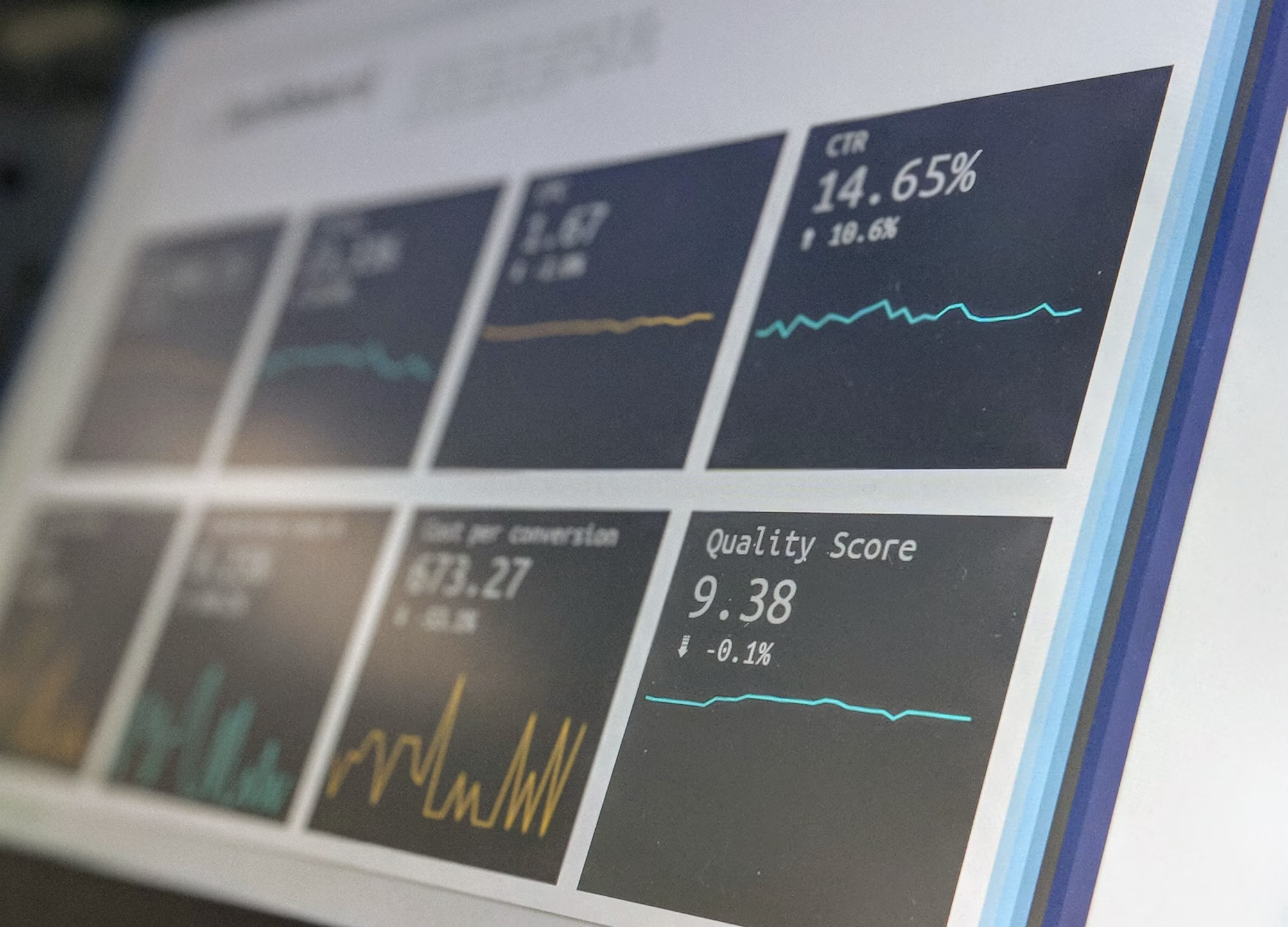Market Analysis Tools
What are Market Analysis Tools?
Definition:
Market analysis tools are software and methodologies used to gather, process, and interpret data related to market trends, customer behavior, competition, and overall market conditions. These tools help businesses and analysts make informed decisions by providing insights into the market landscape.
Analogy:
Imagine market analysis tools as a digital version of a detective’s toolkit. Just as a detective uses various instruments to gather clues and solve cases, businesses use market analysis tools to collect data and uncover insights about market dynamics. These tools provide critical information that guides strategic decisions, similar to how a detective’s findings direct their investigation.
Further Description:
Market analysis tools come in various types, each serving different functions:
Survey Tools: These tools collect direct feedback from customers and potential customers. They help businesses understand customer preferences, satisfaction levels, and market needs.
- Example: SurveyMonkey, Google Forms.
Analytics Platforms: These platforms track and analyze website traffic, user behavior, and engagement metrics. They provide insights into how users interact with a business’s online presence.
- Example: Google Analytics, Adobe Analytics.
Competitive Analysis Tools: These tools monitor competitors’ activities, pricing strategies, and market positioning. They help businesses identify strengths, weaknesses, opportunities, and threats in relation to competitors.
- Example: SEMrush, Ahrefs.
Social Media Analytics: These tools analyze social media activity and engagement. They help businesses understand their social media presence, audience demographics, and the impact of their social media campaigns.
- Example: Hootsuite, Sprout Social.
Market Research Software: These comprehensive tools combine various methodologies to conduct detailed market research. They often include features for survey creation, data collection, and data analysis.
- Example: Qualtrics, Nielsen.
Key Components of Market Analysis Tools:
Data Collection: Methods and tools to gather data from various sources, including surveys, web analytics, and social media.
Data Processing: Techniques to clean, organize, and structure the collected data for analysis.
Data Analysis: Tools and algorithms to interpret the data, identify patterns, and generate insights.
Reporting and Visualization: Features that present the analyzed data in an understandable and actionable format, such as dashboards, charts, and reports.
Why are Market Analysis Tools Important?
Informed Decision-Making: They provide critical insights that help businesses make evidence-based decisions rather than relying on intuition or guesswork.
Market Understanding: These tools help businesses understand market trends, customer needs, and competitive dynamics.
Strategic Planning: Insights from market analysis tools are essential for developing effective marketing strategies, product development plans, and business growth initiatives.
Risk Mitigation: By identifying potential market threats and opportunities, businesses can proactively address risks and leverage opportunities.
Examples and Usage:
Google Analytics: An analytics platform that tracks website traffic and user behavior, providing insights into how visitors interact with a site.
SEMrush: A competitive analysis tool that offers detailed information about competitors’ online strategies, including keywords, backlinks, and advertising.
Qualtrics: A market research software that enables businesses to create surveys, collect data, and analyze responses to gain insights into customer opinions and market trends.
Key Takeaways:
- Market analysis tools gather, process, and interpret market data to provide insights into trends, customer behavior, and competition.
- Key components include data collection, processing, analysis, and reporting.
- They support informed decision-making, market understanding, strategic planning, and risk mitigation.
- Examples include Google Analytics, SEMrush, and Qualtrics.
Table of Contents





